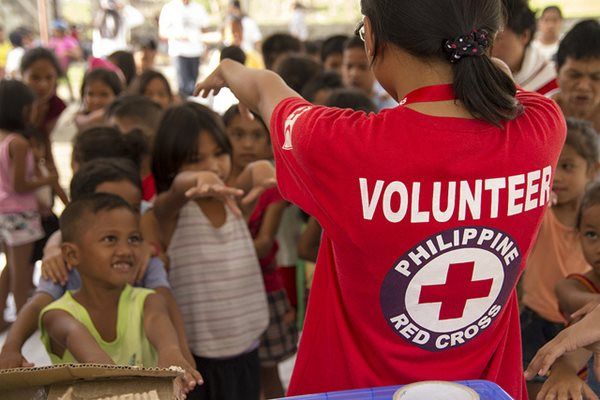Guest entry by Shauna Quinn, communications intern at the Canadian Red Cross
Tomorrow marks three months since Typhoon Haiyan struck the Philippines.
The Canadian Red Cross field hospital Emergency Response Unit (ERU) was
quickly deployed to provide assistance, but what about the long term effects? What about the psychosocial and mental health of those affected by emergencies? The ERU provides not only immediate life-saving care, but also longer-term support.
In the Philippines, Canadian Red Cross
field hospital staff provided psychosocial support training to local youth volunteers. Since then, these volunteers have been working in communities hit hardest by the typhoon, supporting the mental health of those affected, particularly children and youth.

The stress and trauma caused by natural disasters can linger, becoming more apparent as survivors begin to return to more normal routines. Being able to identify those in need of psychosocial help is the first step to providing long-term recovery assistance. With children, mental health specialists use art and play therapy because children often struggle with the ability to talk about their feelings.
Helping children with recovery after a disaster is essential to their overall mental health. The road to recovery is long and the need for support is great, but volunteers like these help improve lives every day.
This video illustrates how psychosocial support teams from the Philippine Red Cross are helping communities affected by Typhoon Haiyan.